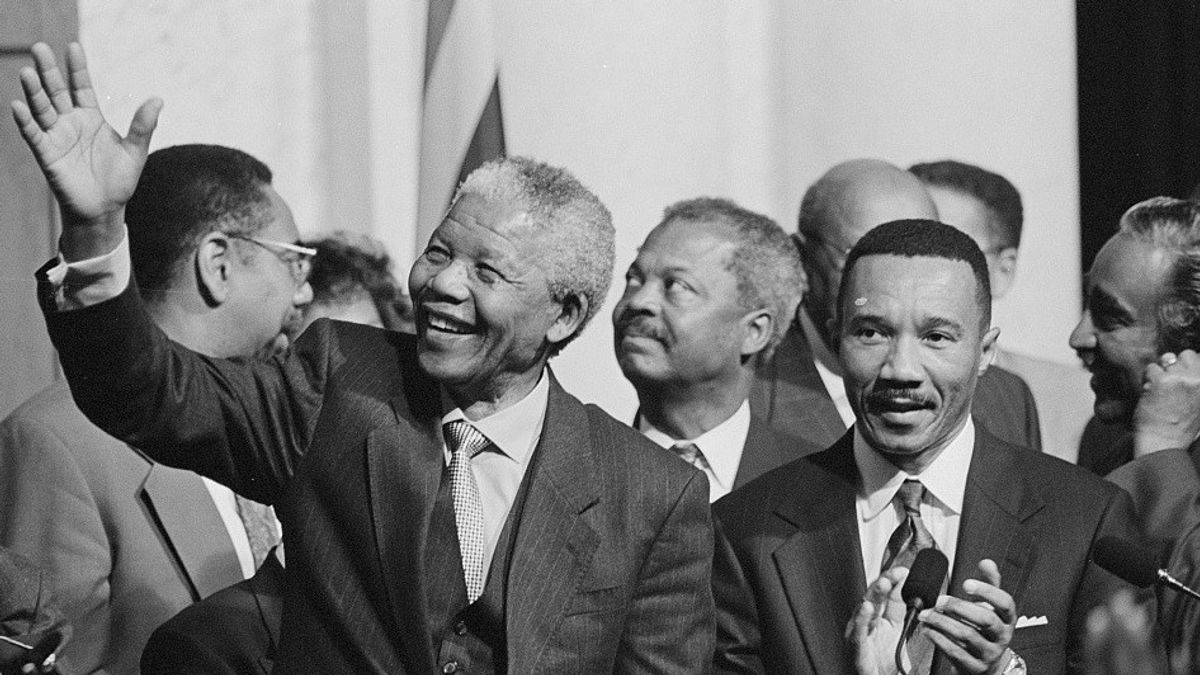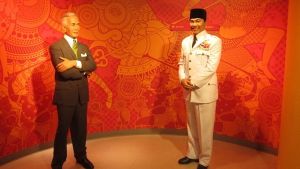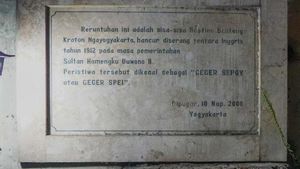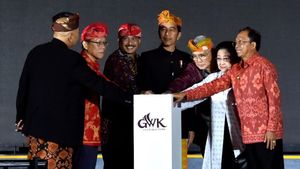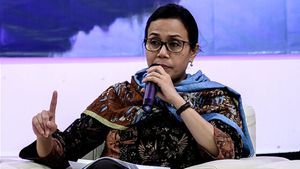JAKARTA - Nelson Mandela's struggle against apartheid politics is second to none. He does not want blacks to be seen as low let alone equalized to animals. The South African government (Afsel) also considers it a noisy and dangerous rebel.
Mandela was hunted down and thrown into prison for 27 years. Instead of being weak in spirit, Mandela actually played a role in eradicating racist policies. He became South Africa's first black leader. This gift made his name immortalized as the name of the rose flower.
Racism is not new to the people of South Africa. They seem to have too often witnessed racism. This condition stems from the presence of a Dutch trading partnership, the VOC in South Africa. Dutch colonizers have discriminated between whites and blacks from 1652.
The policy was continued with the British colonial regime in 1806. South Africans always get injustice. At its peak, when the South African state stood in 1910. The white people began to openly reveal their hatred for the natives.
The racial discrimination was packaged in the Apartheid political package in 1948. The white man is like making South Africa a white country. Local blacks are considered like disruptors, if not, they should be considered animals.
apartheid makes the basic rights of blacks reduced and even eliminated. There is no justice for blacks. This condition makes the blacks in South Africa move against. The biggest resistance Gong comes from a Nelson Mandela.
The man who was born in Mvezo July 18, 1918, felt that his nation was humiliated in his own homeland. Mandela immediately joined the African National Congress (ANC). His presence in a political party that fights for the fate of the black nation made the white brothers panic.
The presence of Mandela made ANC even more daring to promote mass strikes and disobedience related to the white government. At its peak, Mandela built the ANC military wing by carrying out guerrilla warfare tactics.
Mandela was immediately hunted down and thrown into Robben Island Prison in 1964. The detention actually made Mandela's struggle soar and resonate. He had wanted to be released, but Mandela refused.
He was detained until 1990. However, the struggle continues. He was instrumental in eradicating Apartheid's politics until he became South Africa's First Skin President in 1994.
SEE ALSO:
"Calm down Mandela also told how he refused to be released from prison by the apartheid regime in 1985. He refused because the regime offered release on condition that Mandela had to stop the armed struggle. In addition, he refused because other comrades in arms-Mandela called them cameras not released: what if I was released alone? They are all fighters."
Not only in 1990, but even now it seems very difficult to find world figures who consistently fight for peace and equality of rights as well as throwing away revenge as far as Mandela. I think the word 'amandla' is not just a power of people's resistance, but a power of love. I don't think Mandela will be replaced, "saidSUddi S. Chudori in his report in Tempo magazine entitled Dari Kekuatan Kata Amandla Nelson Mandela 1918-2013 (2013).
Nelson Mandela passed away on December 5, 2013. However, his passion and services were not forgotten. South Africa's side still clearly remembers Nelson Mandela's struggle to achieve equality in South Africa.
The South African government and Nelson Mandela Foundation are also trying to give appreciation to the South African hero. The owner of power captured the name Mandela as the name of the rose: Mawar Nelson Mandela on February 8, 2018.
The naming was carried out in commemoration of the centenary of Mandela's 100th birthday which reached its peak on July 18, 2018. Mawar itself was the result of the development of a horticultural expert, Keith happened. He had the idea since 2000.
He then said his wish for the Nelson Mandela Foundation. However, the idea was only done in 2014. As a result, the unique red orange rose was present. The woman was considered a manifestation of Mandela's resistance, service, and concern.
People who see Mawar Nelson Mandela understand that Mandela's great struggle. The struggle led to the presence of democracy in South Africa and to break the narrative of chronic racism.
"If roses are about love, public services are about service to the community. We in government must be responsible: public service is about love for society, not about serving ourselves but about serving the people of South Africa," said Gauteng Prime Minister David Makhurya, quoted on the Nelson Mandela Foundation website, February 8, 2018.
The English, Chinese, Japanese, Arabic, and French versions are automatically generated by the AI. So there may still be inaccuracies in translating, please always see Indonesian as our main language. (system supported by DigitalSiber.id)
